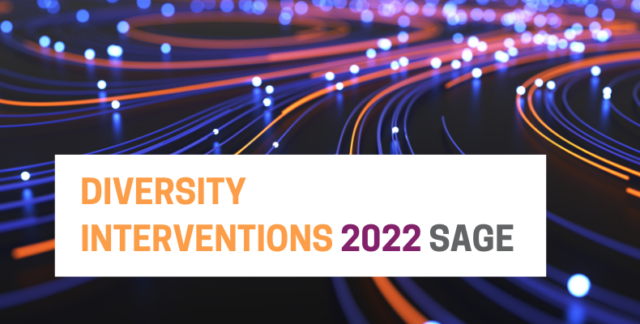Background
A recent study highlighted the gender inequality that exists in student leadership, demonstrating that although females made up 55% of the student body, they represented only 33% of the leadership in student organisation.[1]
This gender imbalance is replicated in senior leadership in Irish higher education institutions (HEIs).[2] Training is needed to increase awareness and nurture competencies for student leaders to actively address gender inequality.
The LIBRA programme* aims to empower student leaders to promote gender equality among the student body and in the wider higher education community. By working with leaders of the future, this project strives to future-proof gender equality in Irish higher education leadership and accelerate culture change.
This project is a multi-institutional initiative, involving partnership with the Royal College of Surgeons in Ireland, University College Cork and the Technological University of Dublin.
*Note: The development of this programme is ongoing.
Methods
A mixed-methods approach was adopted to capture the perspectives and ideas of relevant stakeholders to develop an evidence-based and collaborative programme on gender equality training.
Six focus groups were carried out with twenty-nine student leaders, discussing participants’ experiences and perceptions of gender and gender equality as a student in higher education. Nine interviews were carried out with experts in gender equality and leadership. The interviews focused on experts’ experience of promoting gender equality and leadership and considered the core competences required to foster gender equality.
Student leaders across the three partner HEIs were also invited to participate in a quantitative survey to determine the status of the gender equality agenda present in undergraduate and postgraduate courses. Qualitative data was reviewed and synthesised using framework analysis, and descriptive statistics were used to draw conclusions from the quantitative survey data.
Findings from the empirical data collection will be employed to develop the key blended learning components of the LIBRA gender equality leadership training programme. This will take the format of in-person, experiential simulation interactions which will include pre-encounter content, group-learning interactions with simulated participants, peer observation and feedback and post-encounter reflection.
LIBRA will apply the principles and practice of peer-based learning to teach and assess skills that address gender equality and raise awareness of inclusive leadership behaviours. Potential scenarios may include: bystander interventions; difficult one-to-one conversations; navigating power dynamics in promoting gender equality and facilitating inclusion of gender diversity. Students will participate in scenarios both as the protagonist interacting with trained role players and then as an observer and give feedback to their fellow students.
Results and conclusion
The LIBRA gender equality leadership training programme pilot will be completed in 2022.
References
[1] Handayani T and Widodo W (2019) ‘Gender gaps in students leadership at a university in Portugal’, Advances in Social Science, Education and Humanities Research, 349:578–581.
[2] Higher Education Authority (2020) Higher education institutional staff profiles by gender, Higher Education Authority, accessed 20 June 2021.
Presenter
- Claire Condron, Royal College of Surgeons in Ireland
Co-authors
From Royal College of Surgeons in Ireland:
- Michelle Scott
- Míde Power
From University College Cork:
- Siobhán Lucey
- Patrick Henn
- Avril Hutch
From Technological University Dublin:
- Tanya Dean

